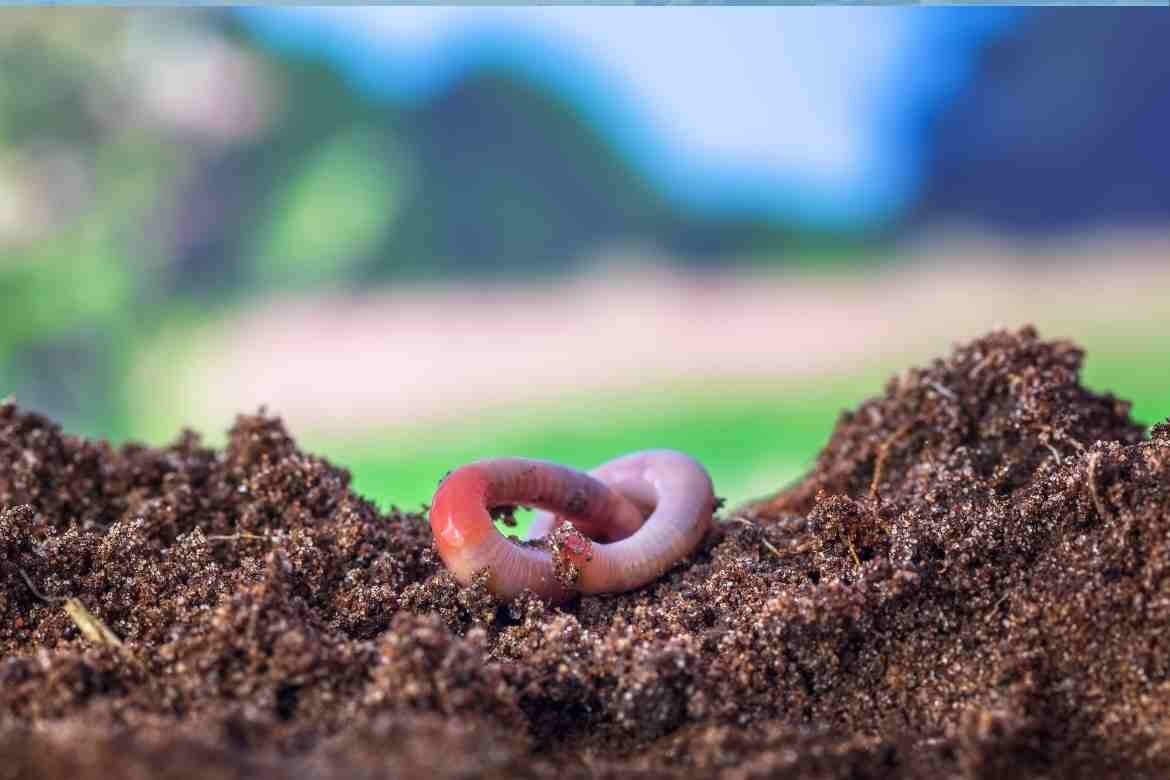With the move towards less-intensive cultivation practices, some have asked whether it’s time to revisit the guidance and look at disease management from a different angle. A research team from SRUC and The University of Nottingham has studied whether dragging blades through soil is good for earthworms, which may have implications for crop diseases.
Earthworms (Lumbricus terrestris) provide well-documented benefits to soil health. Yet, their role as a naturally occurring biocontrol for crop disease is sometimes underrated.
They are voracious feeders of plant residues, including material colonised by fungi. There is even evidence that earthworms may selectively feed on material colonised by phytopathogenic species. As such, earthworms are likely to contribute to pathogen control in the field.
When weighing up the value of the contribution of earthworms, European research shows that they can help decrease on-farm production costs and fungicide dependencies with an estimated value of £59/hectare. This is why the team investigated the potential for earthworms to control UK crop diseases – see their findings in detailed new report on the Agriculture and Horticulture Development Board’s (AHDB) site.
The researchers found that growers’ knowledge about soil life (biota), including earthworm ecology, is mostly poor. They then explored ways to build ecological literacy rates, and found that many of the farmer participants preferred to learn from scientists via short, animated social media posts that present complex topics in a visual way.
By working at the frontier of soil biology research, the team aim to develop practical methods to address crop disease issues facing the arable sector.

